Why Do Dogs Eat Grass? Insights from a Veterinarian
As a veterinarian with years of experience, I've often been asked by dog owners why their furry companions sometimes eat grass. This behavior, while common, can be perplexing and even concerning for pet parents. Here, I'll shed some light on this interesting canine habit.
Natural Instincts and Nutritional Needs
Firstly, it's essential to understand that dogs, despite being domesticated, still retain some natural instincts from their wild ancestors. In the wild, canines often consume plant matter. Grass, in particular, is a readily available source of fiber. This fiber can aid in digestion by helping to move food through the intestinal tract. It's also possible that dogs might turn to grass when they feel the need to induce vomiting to relieve stomach upset, although this is a less common reason.
Boredom or Behavioral Issues
Boredom or behavioral issues can also lead dogs to eat grass. Dogs that are not provided with sufficient mental and physical stimulation may turn to grass-eating as an activity to pass the time. This is often observed in dogs that spend a lot of time alone in a yard.
Taste and Texture Preference
Some dogs may simply like the taste or texture of grass. Just as humans have preferences for certain foods, dogs may also develop a fondness for the flavor or sensation of chewing on grass.
Dietary Deficiencies
While less common, dietary deficiencies can sometimes lead dogs to eat grass. If a dog’s diet is lacking in certain nutrients, they may instinctively try to supplement their diet with grass. However, most commercial dog foods are well-balanced, making this a less likely cause in most cases.
When to Be Concerned
While grass eating is normal for dogs, there are times when it can be a cause for concern. If your dog is eating grass excessively or seems to be doing so due to illness (such as frequent vomiting), it's essential to consult with a veterinarian. Additionally, be cautious about the grass your dog has access to, as it may be treated with pesticides or fertilizers that can be harmful.
Conclusion
In conclusion, grass eating in dogs is a common behavior with multiple potential causes, ranging from natural instincts and dietary needs to boredom and behavioral issues. While generally harmless, it's crucial to monitor this behavior for any signs of underlying health issues and to ensure the safety of the grass they’re consuming.
Remember, as a pet owner, you know your dog best. If you're ever in doubt about their health or behavior, a consultation with our veterinarian is the best course of action. Call us at (804) 964-2682!
I hope this gives a comprehensive view on the topic from a veterinarian's perspective!
